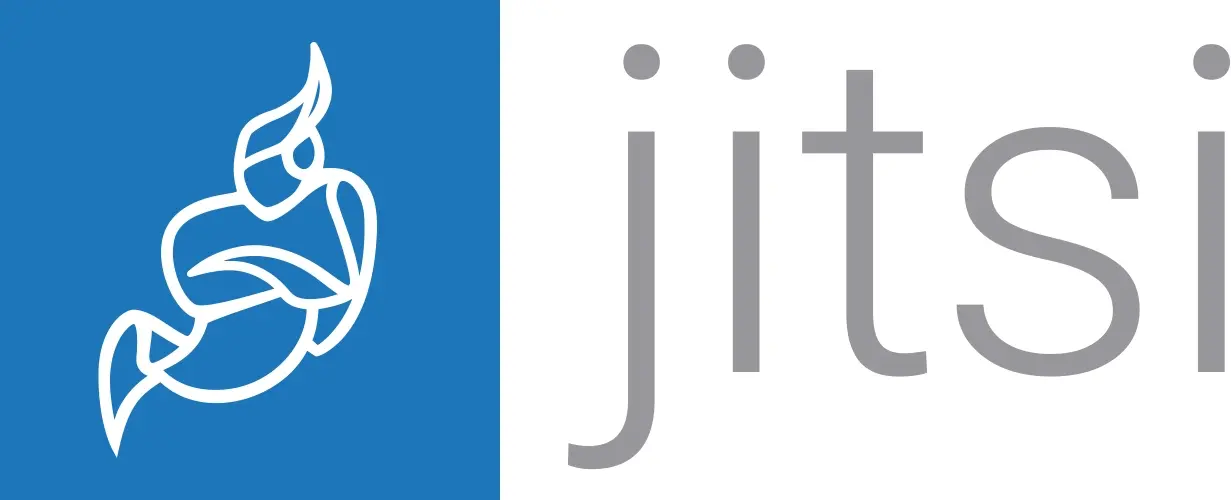While Jitsi is open-source, most people use the platform they provide, meet.jit.si, for immediate conference calls. They have now introduced a “Know Your Customer” policy and require at least one of the attendees to log in with a Facebook, Github (Microsoft), or Google account.
One option to avoid this is to self-host, but then you’ll be identifiable via your domain and have to maintain a server.
As a true alternative to Jitsi, there’s jami.net. It is a decentralized conference app, free open-source, and account creation is optional. It’s available for all major platforms (Mac, Windows, Linux, iOS, Android), including on F-Droid.



They are probably talking about using it to share CSAM or other illegal content. They need one person to login to be not anonymous so they can give it to the authorities if necessary.
But why a Google/FB/MS account? Why isn’t an email account from an established provider enough, why centralise to three megacorps?
Because these three provide federated login most email providers do not.
I didn’t think I’d unironically hear “This is an advantage because now one company controls all your logins” as a reply to privacy concerns.
I didn’t say that. Security and privacy are nearly opposites. This is a security decision.
There’s plenty of disposable email services out there.
And they’re added to spam lists all the time. All you need do is draw up a list of the twenty most popular, because frankly Gmail and outlook already cover so many while leaving room for privacy-friendly providers.